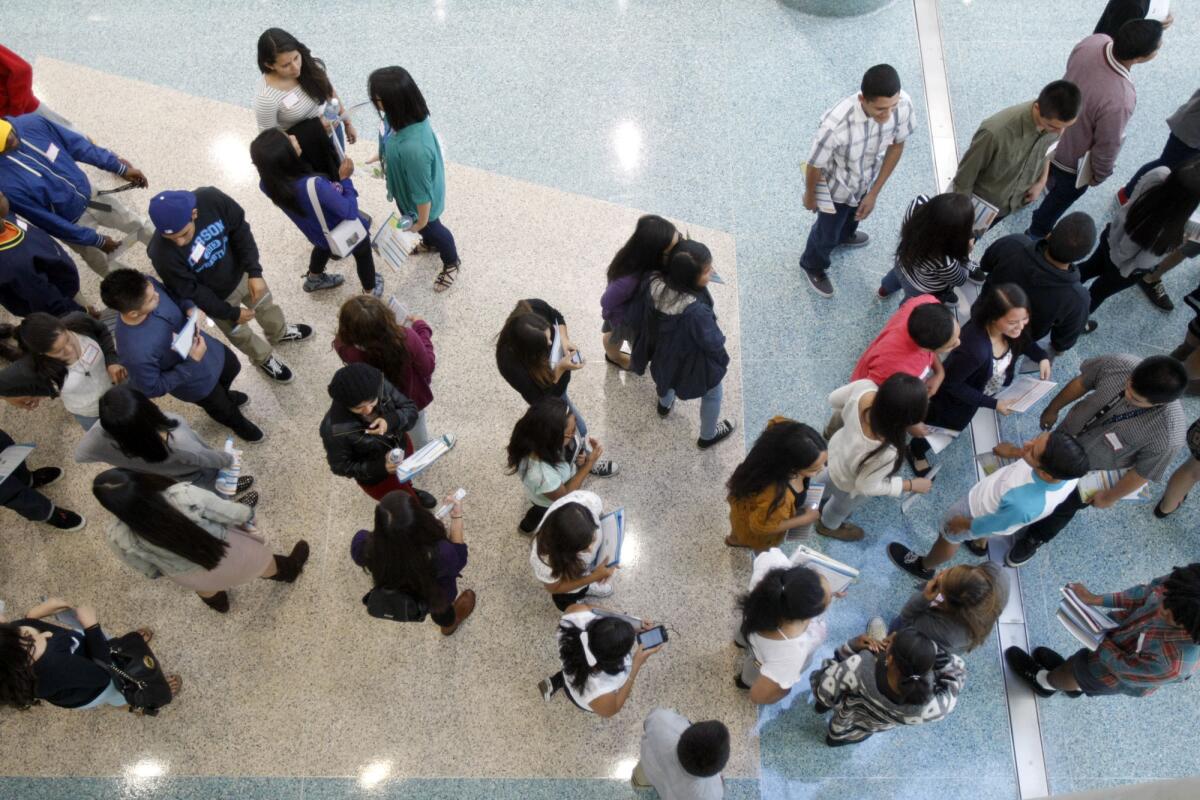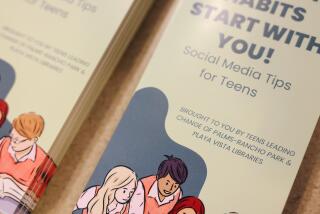Better-looking teens more likely to graduate college, study finds

What does it matter if you were cute in high school? More than you might think.
A new study undertaken by researchers from the University of Illinois at Chicago and the University of Texas at Austin finds that teens rated as good-looking in high school got higher grades and were ultimately more likely to graduate college and get bigger paychecks as adults.
Well into adulthood, “people’s personal appearance has powerful effects on their life chances,” sociologists Rachel A. Gordon and Robert Crosnoe wrote in a briefing paper prepared for the Council on Contemporary Families. “Our research shows that the critical period in which inequality on the basis of looks establishes itself is in high school.”
Their analysis, soon to be published in the Monographs of the Society for Research in Child Development, was based on a nationally representative survey that included nearly 9,000 youth. The National Longitudinal Study of Adolescent Health, or Add Health, survey followed teens over time, interviewing them into young adulthood.
As you might have observed in your high school cafeteria, researchers found that teens with better looks had more friends and romantic partners and were more likely to participate in sports.
But the academic effects might seem more surprising: Attractive teens got better grades and were nearly 3 percentage points more likely than those with average looks to graduate from college.
That means that when it comes to college, looks make as big of a difference as living with both parents in high school instead of just one, researchers found.
Echoing earlier studies, the new analysis also found that because of their early advantages, better-looking teens earned up to 10% more as adults, Gordon wrote in an email to the Los Angeles Times. However, Gordon and fellow researchers found that high school looks and adult wages weren’t directly tied together.
Instead, better-looking teens had better chances of being married, finishing college and having better mental health, which then translated into higher earnings, Gordon explained.
Does all this mean that the least attractive teens were flunking? Nope: Researchers found that they were less likely to be sexually active or drink heavily, which “neutralized” the negative effects on their grades of having poorer mental health and fewer friends, Gordon and Crosnoe wrote.
ALSO:
Minnesota says raw milk makes more people sick than recognized
Some breast cancer patients don’t benefit from surgery or radiation
Head injuries in one football season cause measurable brain damage





